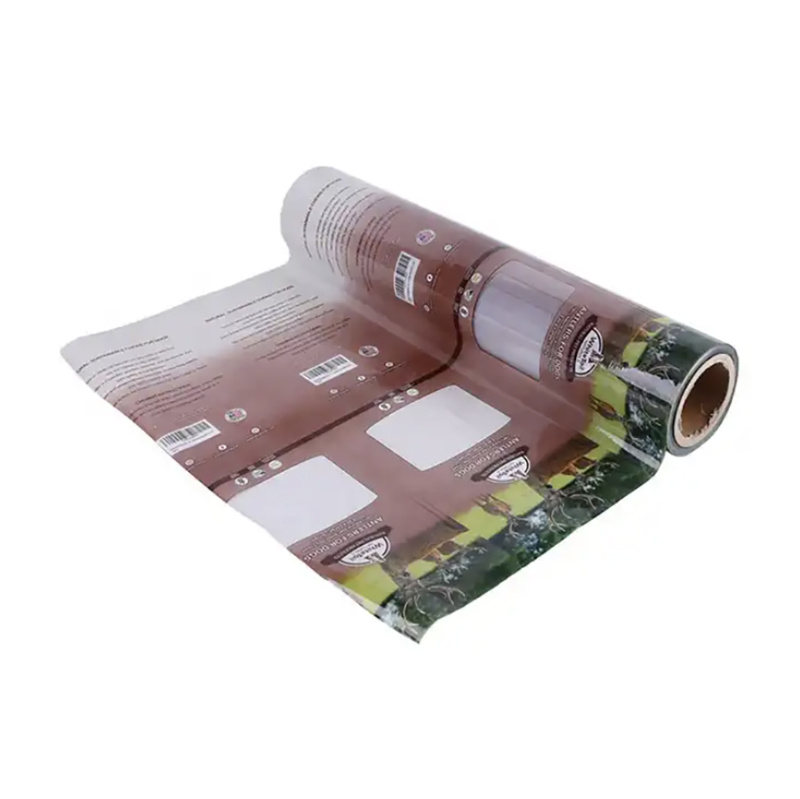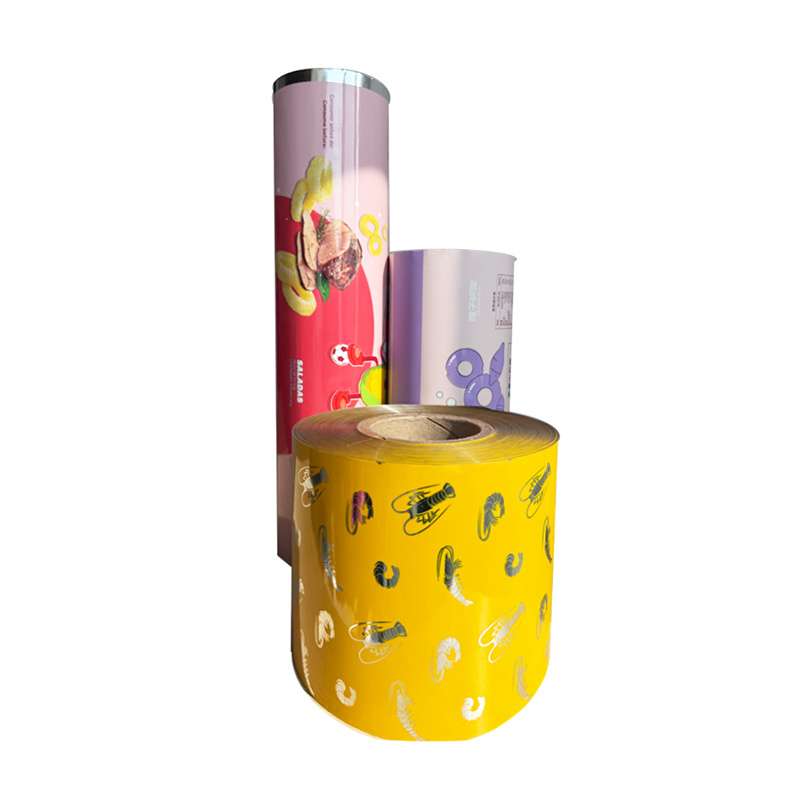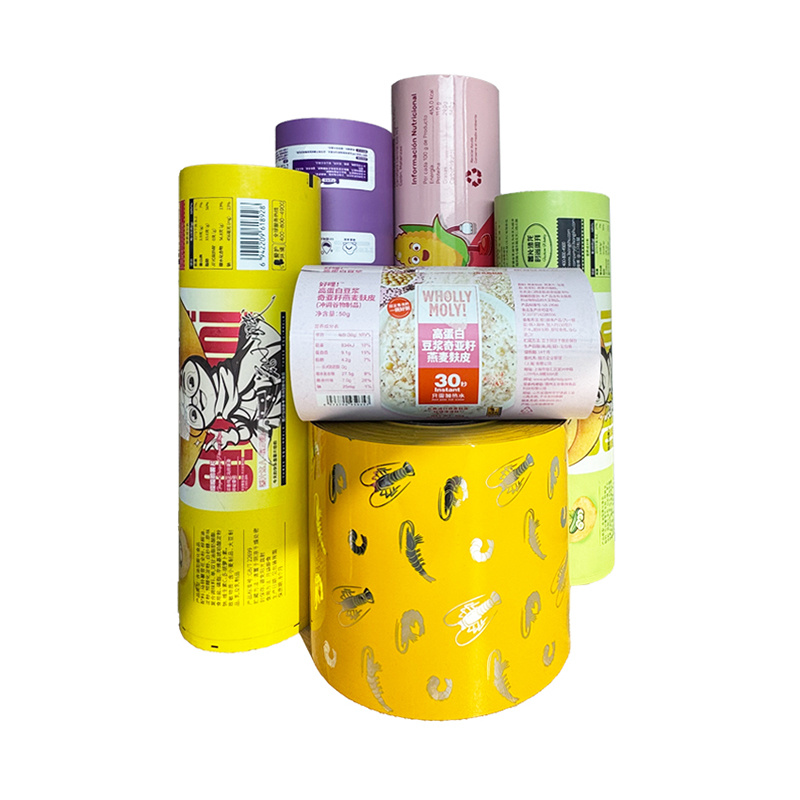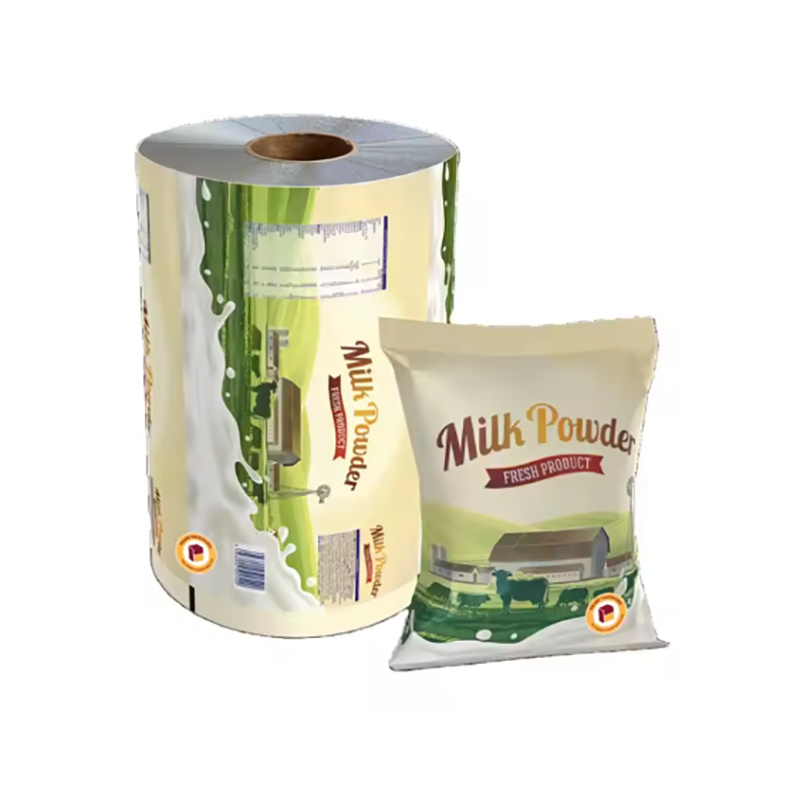Juice beverage packaging pouches are an important component of juice beverage products. They not only provide basic functions such as product protection, convenient transportation, and storage, but also play a significant role in attracting consumers and conveying brand information. The following is a detailed analysis of juice beverage packaging pouches:
Material Types
Juice beverage packaging pouches utilize a variety of materials, commonly including:
1. Polyethylene (PE): Available in various types, such as high-density, low-density, and linear low-density. Its characteristics include high and low temperature resistance, acid and alkali resistance, good sealing, and chemical corrosion resistance. Suitable for high-temperature environments, it is widely used in food packaging, including juice.
2. Polypropylene (PP): Features breathability, transparency, and high processability. It is mainly coated on films and other composite materials (such as cellophane and aluminum foil) and used in containers for beverage packaging.
3. Polyester (PET): Possesses good crystallinity and is colorless, odorless, and non-toxic. Food packaging containers made of polyester materials have a high surface gloss, similar to glass, and can therefore be widely used in hot beverage packaging such as tea.
4. Nylon: A high-performance synthetic fiber material with excellent wear resistance, tear strength, and barrier properties. It is often used to make juice beverage packaging pouches with high barrier performance requirements.
5. Aluminum Foil: A metallic packaging material with excellent barrier and light-blocking properties. It effectively protects juice beverages from light, oxygen, and other factors, extending shelf life.
Production Process
The production process of juice beverage packaging pouches mainly includes the following steps:
1. Raw Material Preparation: Selecting suitable raw materials for juice packaging, such as food-grade PE, PP, PET, etc.
2. Film Blowing or Cast Film: Using film blowing or cast film technology to produce films from raw materials.
3. Printing: Printing patterns and text on the film to convey brand information and attract consumers.
4. Lamination: Lamination of different materials together as needed to improve the barrier properties and mechanical strength of the packaging pouch.
5. Bag Making: Using a bag-making machine to form the laminated film into packaging pouches.
6. Sealing and Cutting: Using a cutting machine to seal and cut the filled juice beverage packaging pouches for consumer convenience.
Design Trends
With the increasing consumer demand for beverage quality and appearance, the design of juice beverage packaging pouches is showing a trend towards diversification and personalization:
1. Diversification: The materials, shapes, and sizes of juice beverage packaging pouches are becoming increasingly diverse to meet the needs of different consumers.
2. Personalization: Using unique patterns, text, and colors to convey the brand's personality and philosophy, attracting consumer attention.
3. Environmental Protection: More and more juice beverage packaging pouches are beginning to use environmentally friendly materials such as biodegradable plastics and bio-based plastics to reduce environmental impact.
Market Status
Currently, the juice beverage packaging pouch market is experiencing rapid growth. With the continuous improvement of consumer demand for health, quality, and personalization, the juice beverage market is also showing steady growth, directly driving the development of the juice beverage packaging pouch market. At the same time, with technological advancements and cost reductions, the production of juice beverage packaging pouches is becoming increasingly efficient and environmentally friendly.
Selection Suggestions
When selecting juice beverage packaging pouches, consumers and businesses should pay attention to the following aspects:
1. Material Safety: Ensure that the packaging pouch materials meet food safety standards and are non-toxic and harmless.
2. Barrier Properties: Select appropriate barrier properties based on the characteristics of the juice beverage to extend shelf life.
3. Mechanical Strength: Ensure that the packaging pouch has sufficient mechanical strength to withstand various pressures during transportation and storage.
TAG:
Previous
Next
Previous
Next






Juice drink pouch
Category:
Product inquiry
NOTE: Please leave your email, our professional person will contact you asap!













